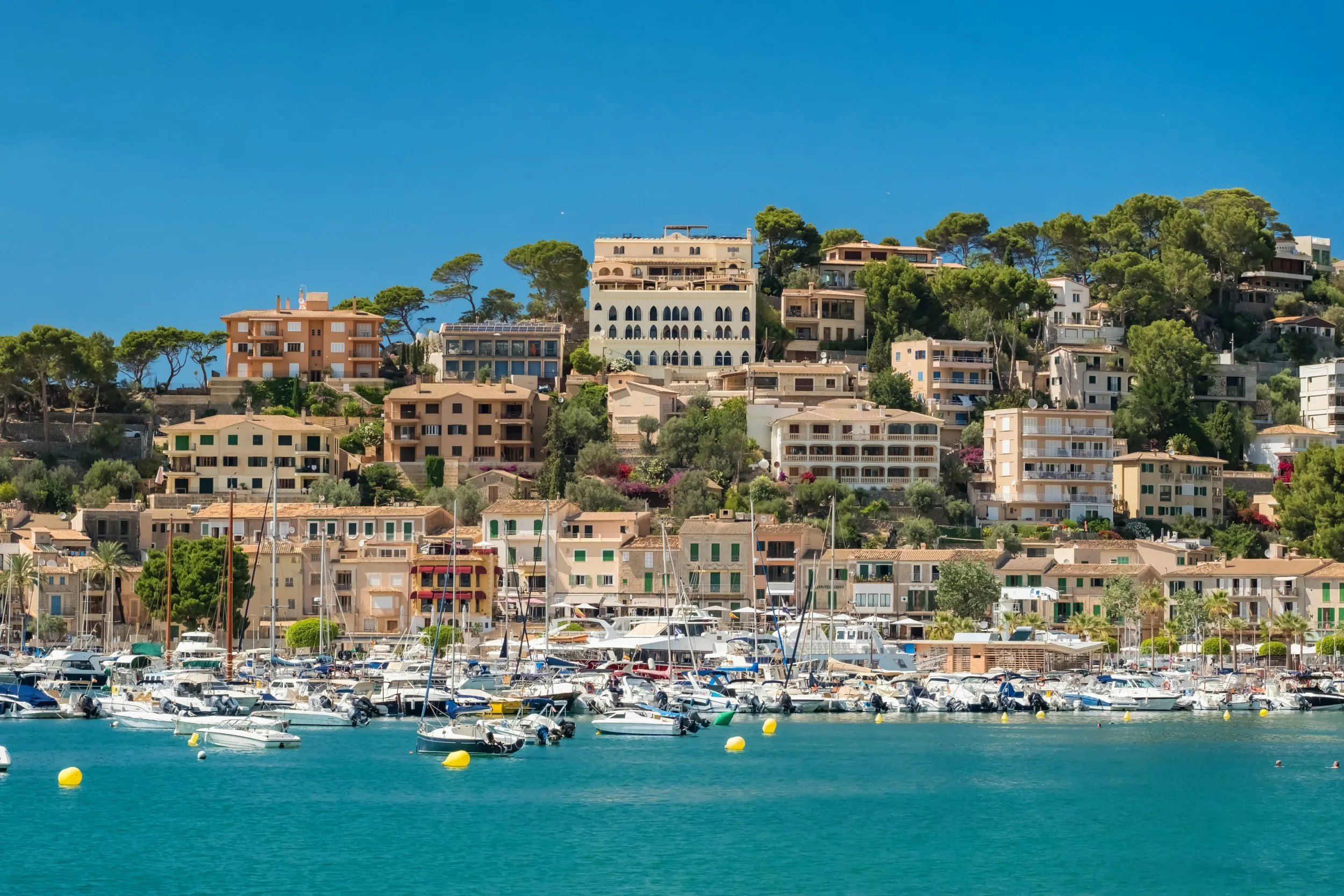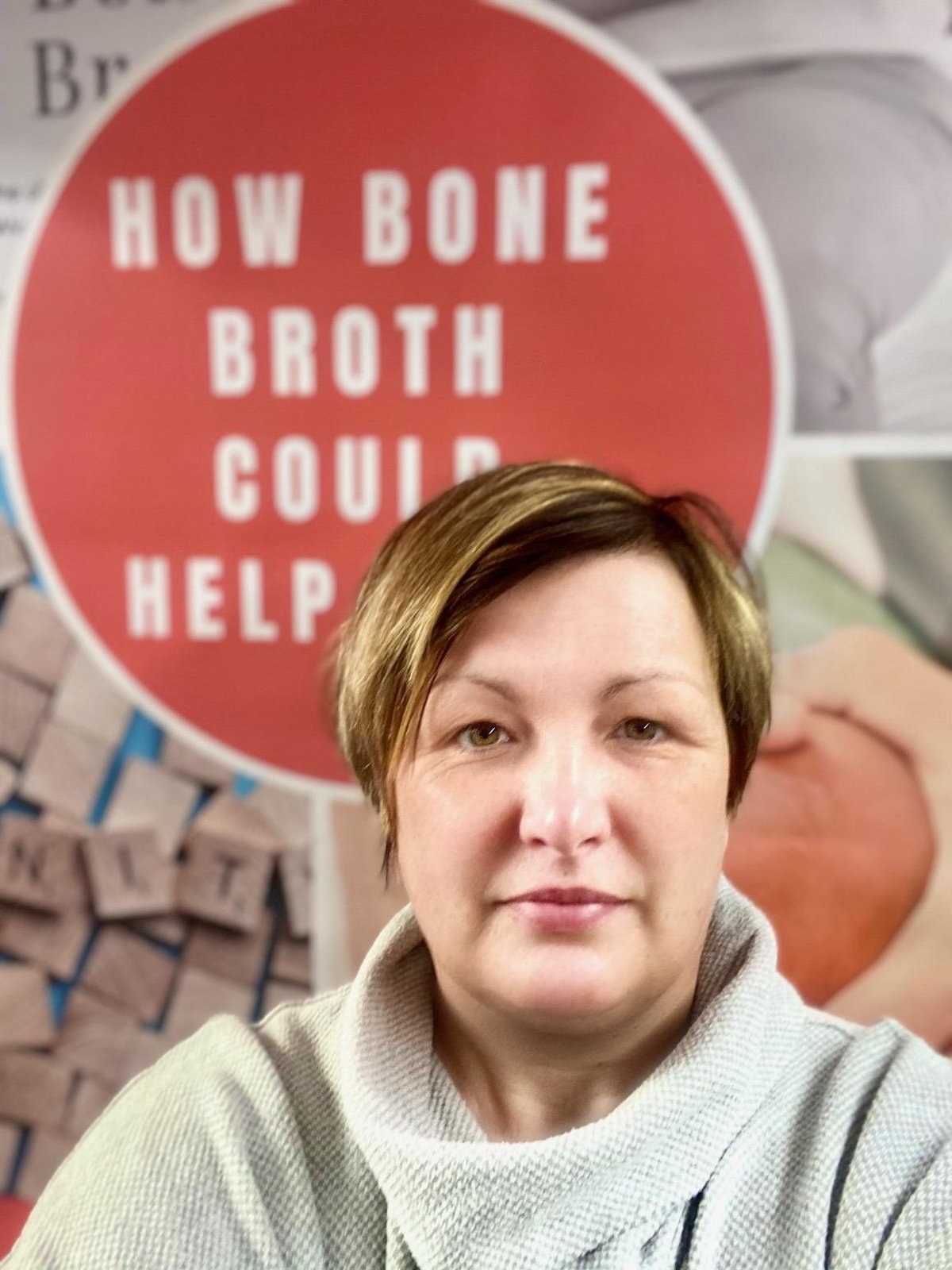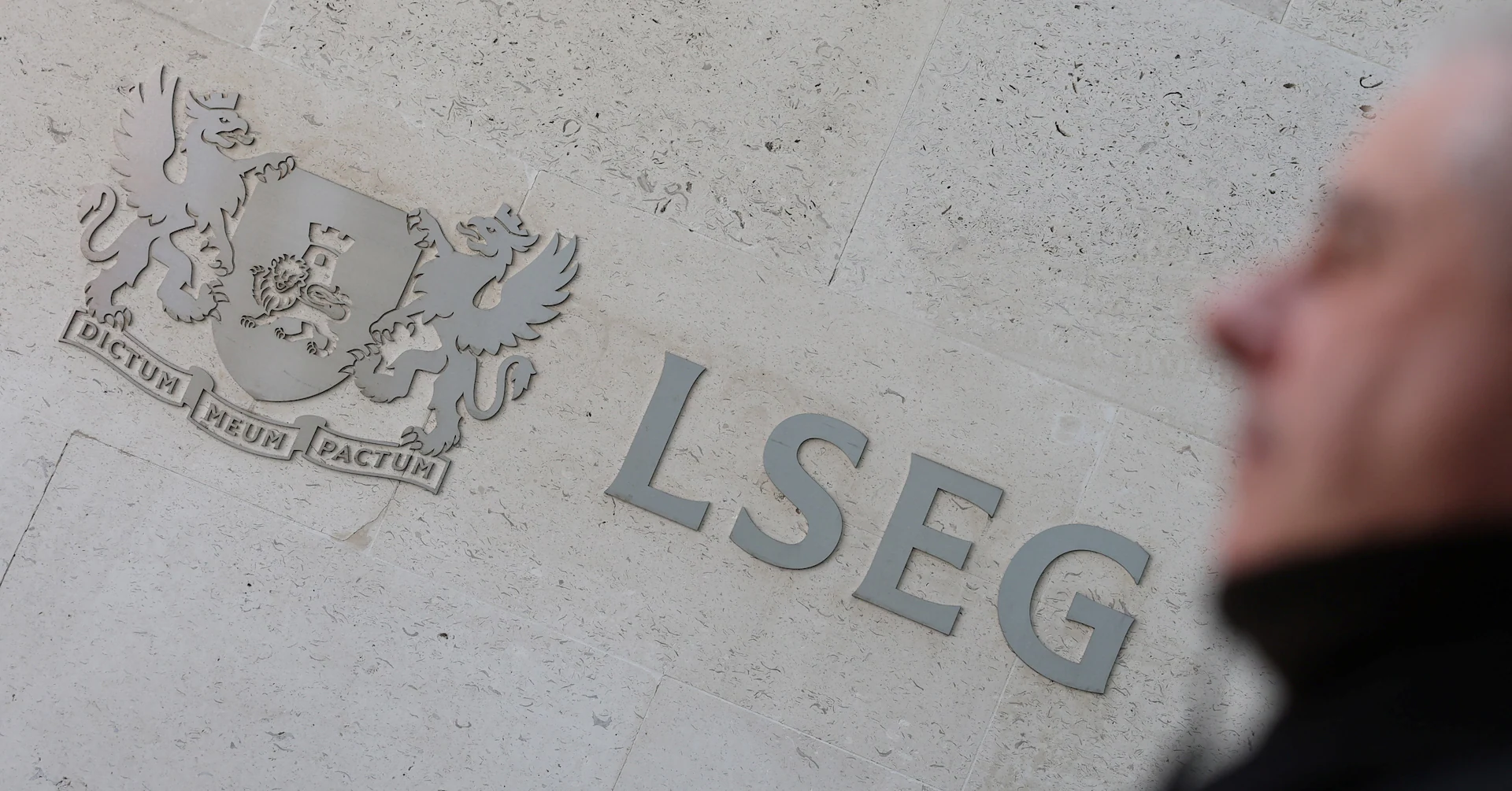By Alice Murphy
Copyright metro

Mallorca’s popularity has become its biggest problem (Picture: Shutterstock)
If Deià was a woman, she would be a raven-haired movie star draped in rubies and fur, with a martini in hand.
Wedged between the Balearic Sea and the Unesco-protected Tramuntana mountains on Mallorca’s northwest coast, this tiny village is a glamorous showstopper, with steep cobbled streets, buttery stone villas and an artsy, bohemian soul.
There are golden beaches and cenote-like coves with cerulean water; rolling terraces with olive trees and al fresco terraces shaded by canopies of citrus; an extravagant hilltop hotel and a 16th century church.
Deià is one of the most beautiful places in Mallorca, but these days, many of its residents rarely go beyond their front door.
‘There is a lot of elite tourism,’ Laia Farran Graves, a journalist who grew up on the island and still spends a lot of time at her family home there, tells Metro.
‘It’s been building up for years, and then after the pandemic, the transformation was huge. We have a market every Wednesday, where you buy your fruit and vegetables, but someone has to pick you up because there’s no parking. You can’t get a table in a restaurant, and the type of people who are coming to this part of Mallorca, there’s not as much of a sense of community anymore because they don’t mix with locals. We don’t really leave the house much.’
Port de Soller has seen anti-tourism protests in recent years (Picture: Shutterstock)
The ‘type’ Laia is referring to are the ultra-rich and uber-famous — Dua Lipa brought her girlfriends to Deià in June, and since she shared an Instagram post from one of its waterside restaurants, Laia says it’s been mobbed from morning to night.
She describes streets thronged with visitors and locals living with their parents well into adulthood because they are ‘priced out’ of both the rental and property markets.
In a nutshell, it is becoming impossible for normal people to live on the island.
‘I know of a lot of people from Germany who work for German companies, for example, and pay tax in Germany, but they’re living here in Mallorca. It’s putting pressure on young people and once property prices go up, they don’t seem to be coming down,’ she says.
It’s a story we’ve heard from several hotspots across Spain and southern Europe. But recently, the narrative has grown murkier.
https://www.instagram.com/p/DLrsVbzN2ig/?hl=en
‘Tourists go home, we don’t want you‘
Spanish restaurants beg for tourists to come back after protests killed business
‘We miss the English — they spend money’: How Mallorca’s war on British tourists backfired
These are just three of dozens of conflicting headlines about Mallorca’s tourism crisis that have been published in recent weeks.
I’ve spoken to locals, business owners and government officials to bring you the truth about what’s happening on the ground in Spain’s most popular Balearic Island.
Fact check: Have tourist numbers dropped this year?
I contacted Spain’s Ministry of Tourism and the Institute of Statistics of the Balearic Islands, and they gave me the latest tourism figures, which run up to July 2025.
The key takeaways:
People hold a placard which reads as ‘Tourism: yes, but not like this’ during a demonstration against overtourism and housing prices in Palma de Mallorca in July 2024 (Picture: AFP via Getty Images)
Spain welcomed more international tourists this July than last July
The Balearic Islands (including Mallorca) were the top tourist destination in Spain this July, followed by Catalonia and Andalusia
Slightly more international tourists went to the Balearic Islands this July than last July
Slightly less tourists stayed in short-term rental apartments in Mallorca this July than last July
Roughly the same number of tourists stayed in hotels in Mallorca this July than last July
International tourists spent more in Spain this July than last July
British tourists spent the most, followed by Germans and French
Are businesses really suffering, and if so, why?
In July, business owners and associations representing restaurants, tourist shops and nightclubs in Mallorca started warning that anti-tourism sentiment was driving holidaymakers to other destinations.
Juanmi Ferrer, president of the Restaurants Association in Mallorca (CAEB), said the messages are ‘scaring visitors away’.
According to the association, restaurants are underperforming, beach bar takings are down, and occupancy rates stayed low, even in August.
Pedro Oliver, the president of the College of Tour Guides, agreed. He said excursions sales have fallen by 20% this summer, with the hardest hit areas being Valldemossa, Palma, and Port Soller.
All in all, their view is that ‘tourismphobia’ and the idea that the island is overcrowded is damaging Mallorca’s image and impacting business owners – and the economy – as a result.
But the people I spoke to paint a different picture.
@metrouk Spanish restaurants are now begging tourists to come back after this summer’s anti-tourism protests. Mallorca’s old town currently looks really quiet. Beach bars and tour organisers say business in July dropped 20% compared to last year. #spain #protest #tourism #mallorca #buisness ♬ original sound – Metro – Metro
Alex Wilson, Europe and Africa Product Manager at Kenwood Travel, says the agency expects bookings to Mallorca to be up 15 to 20% this year.
Similarly, Julia Lo Bue-Said OBE, CEO of The Advantage Travel Partnership, a consortium of UK travel agents, said summer bookings to Mallorca rose by 23% compared to last year.
Remember that ‘we miss the English‘ article I mentioned earlier? Published in The Telegraph on September 4, it told of empty bars in Mallorca’s traditional party hotspot, Magaluf.
I asked Pedro Homar, the head of Palma Tourist Foundation 365, to give me his take.
The whole picture? (Picture: Laurence Dollimore)
He says that overall, tourists numbers haven’t dropped. But if you break it down by nationality, there are some drops.
‘The UK market, for example, is up 5% on 2024, but the big loss is the Germans,’ he tells me over the phone.
‘Because Germany has had excellent weather this summer, and because the country is not doing well economically, lots of Germans who would usually come have chosen to stay home.’
Still, Pedro says the drop in German visitors has been offset by a rise from the US, France, Italy and UK markets, which, he says, has risen by 5%.
Catherine Sasson has seen it firsthand. The owner of Pirates Adventure Dinner Show, a Magaluf institution opened by her father in the 1970s, says there are plenty of tourists — and any businesses that are struggling simply aren’t moving with the times.
‘Everything is cyclical, right? It was families coming here in the 70s, then it was the kids who wanted to party, now families are back again,’ she explains.
Boats moored in Cala Figuera Bay near Santanyi, a rural village in Mallorca’s southeast (Picture: Getty Images)
For years, Catherine’s Cirque du Soleil-style show catered exclusively to British tourists.
But now, she says, at least 30% of the guests are international. They’ve changed things up as a result.
‘When you lose in one place, you gain in another,’ she says.
Everyone eats calamari now, don’t they, but 30 years ago, they didn’t. Restaurants change their menus, and in the same way, every business needs to adapt to survive.’
Halcyon days? Tourists on a beach in Magaluf in 2016 (Picture: Shutterstock)
So what’s happening in Maglauf, then?
According to Pedro, it’s having what’s known as a glow-up.
That means a move away from all-night clubbing at BCM and Mallorca Rocks, and a push towards family experiences and what Mayor of Calvià Juan Antonio Amengual describes as ‘respectful tourism’.
‘It’s true there are less British people than other years, but the other thing is the offering in Magaluf is changing,’ he says.
‘Families are coming with children, to pools and pirate shows and water parks, the reality is that the kind of tourist that comes here is not just young single men anymore.’
Travel beyond the headlines
Hi, I’m Alice Murphy, Metro’s consultant travel editor.
If you love reading about affordable city breaks, lesser-known destinations and how travel changes us for the better, you’re in the right place.
I have visited over 50 countries
Our weekly newsletter brings you everything from holiday inspiration to the latest travel news and hot takes.
Sign up now – and get in touch if you have a story. I want to hear it!
Do locals want tourists gone?
A new survey of 2,000 people across the Balearics by AETIB, the Spanish government’s tourism strategy agency, suggests that around eight in 10 Mallorcans want fewer tourists.
Anti-tourism protests have been held for the past two summers, with locals railing against mass tourism and blaming it for driving locals from their homes.
But demonstrators and experts agree that ordinary holidaymakers aren’t the problem. The real enemy, they say, are the people profiting from it.
I’m told there has been years of frustration due to overcrowded streets, surging rents, and wages that haven’t kept pace with the cost of living.
As one activist in the Basque city of San Sebastián said: ‘People who go on vacation to one place or another are not our enemies…our enemies are those who speculate on housing, who exploit workers and those who are profiting handsomely from the touristification of our cities.’
Late last month, campaigners in Mallorca published a damning letter addressed to foreign real estate agencies.
Their message to international investors is clear: ‘You are not welcome.’
A protest over excessive tourism on the beach of Palma de Mallorca in August 2024. The sign reads: ‘We don’t want development in Bendinat beach’ (Picture: Getty Images Europe)
It claimed foreign buyers have turned the island into an ‘amusement park for the rich’, and that residents are being ‘pushed out of their towns by unaffordable prices’ driven by foreigners buying property.
The Mallorcans I spoke to tell a similar story.
Laia tells me about a friend, a teacher earning €1,200 per month. The average monthly rent for a flat big enough for herself and her two children is around €1,200 — her salary wiped out before she’s put bread on the table.
‘All of these people who are living in Mallorca with salaries from the rest of Europe, they can afford it,’ says Laia.
‘But the people who are from here are leaving. People are being put off having children. I know of people well in their 30s who are sharing apartments to get by.’
Juan Antonio can only speak for Calvià, but his message is the same.
‘Here, most people work in the tourist industry, they rely on it. There is no tension with tourists, the tension is with housing. There is simply not enough houses.’



